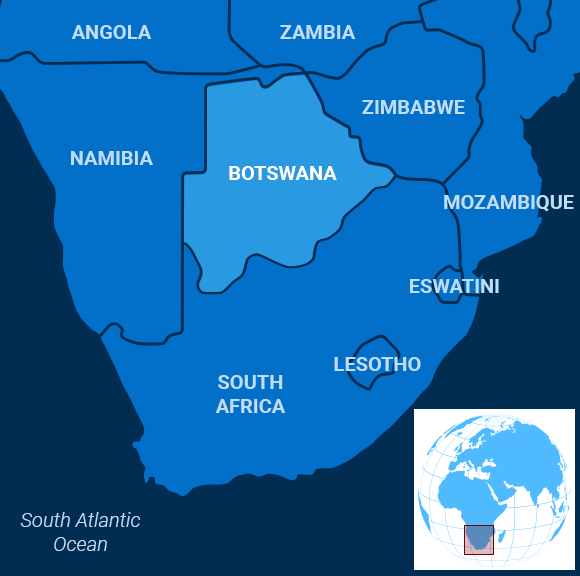TUNISIA
A Remission, A Strike
Two suicide bombers hit the capital of Tunisia on Thursday, killing a police officer and injuring at least eight other people.
The attacks came as the country’s 92-year-old president was rushed to the hospital for treatment for a “serious illness,” the second time he has been hospitalized this month, the Associated Press reported.
Islamic State claimed responsibility for the attacks via its Aamaq news agency. However, a connection between the group and the bombers has not yet been substantiated.
One of the bombers detonated explosives in a commercial district near the French embassy around 11 a.m., apparently targeting a police patrol. This bomb killed the police officer, as well as injuring another. Nearly simultaneously, the second bomber detonated a device at the entrance to the offices of the anti-terrorism brigade on the outskirts of the capital. Four officers were hospitalized with injuries sustained in that blast.
Islamic State also claimed credit for Tunisia’s deadliest terror attacks, which killed 22 people at the Bardo Museum in Tunis and 38 people in the coastal city of Sousse in 2015.

